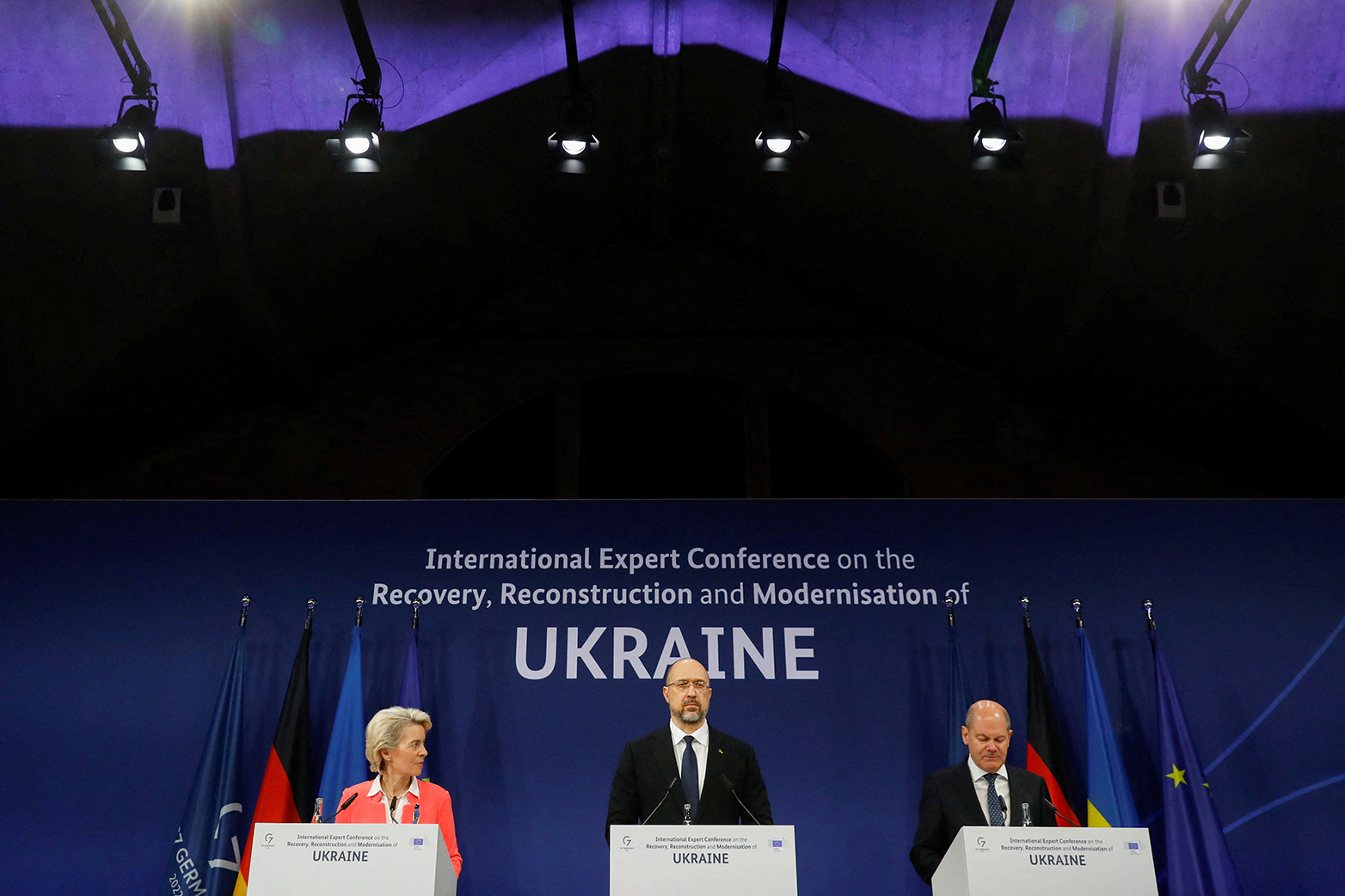Ukraine’s Uncertain Path to the EU
Solidarity with Ukraine in surviving a war of aggression must be accompanied by realism about the country’s ability to draw closer to EU membership. The sustainability of the accession process depends on straightforwardness about the hurdles posed by the Russian aggression and the domestic reform inertia, argues Henrik Larsen in this CSS Analysis.

The EU in June 2022 granted Ukraine status of candidate for membership in a strong gesture of solidarity after the country fell victim to Russian aggression. However, the accession process faces two fundamental challenges. The first relates to security and the obvious fact that Russia seeks to conquer Ukrainian territory and subdue the country. This puts the EU’s economic-regulatory competence and identity at odds with the reality of a neighboring adversary using military force to change the established borders. The second relates to domestic politics and the fact that Ukraine to date has not demonstrated a reform record suggesting it would realistically be able to meet the criteria for EU membership. If that were to become the case, Ukraine would have to demonstrate fundamental domestic change. The EU and Ukraine cannot develop their relationship without considerations about how to go about these two challenges, which are inter-related in the sense that ongoing war hinders the effectuation of domestic reform.